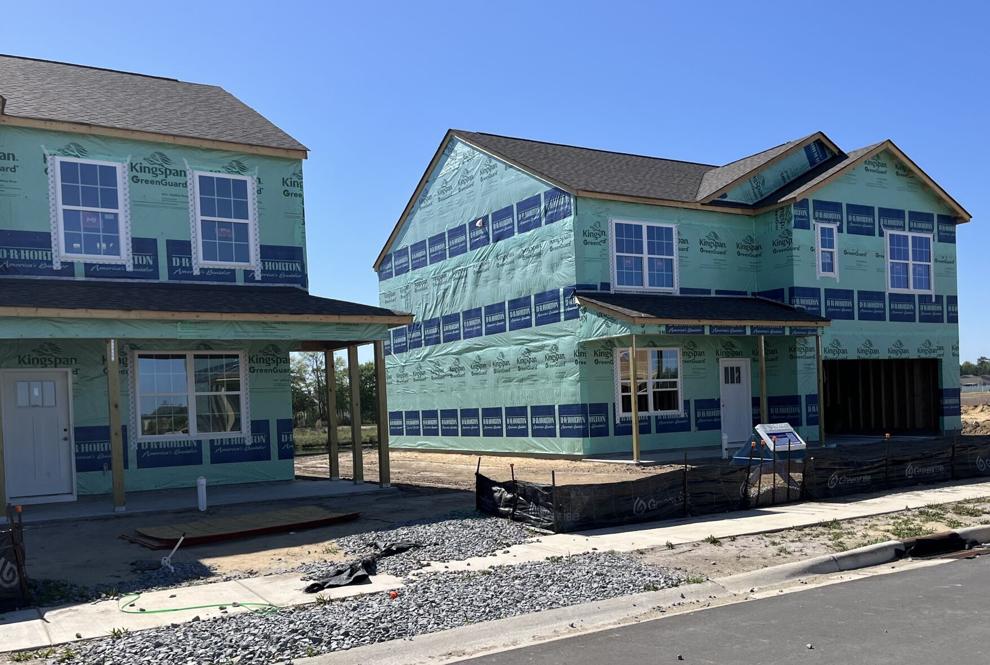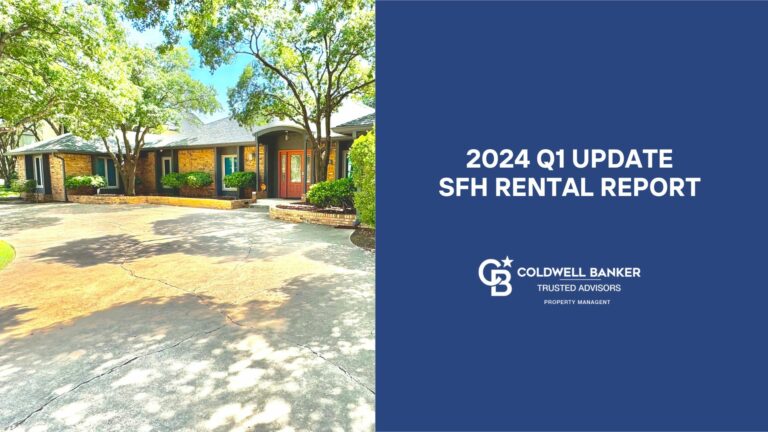Lubbock Market Trends: Positive Outlook
In our Q1 market update, I expressed cautious optimism about the market’s direction. Now, a month into Q2, my optimism is strengthening as we observe key trends shaping our local real estate landscape. As we delve into the second quarter, a key metric stands out—Days on Market (DOM). The average DOM has decreased to 55, down from over 60. The 7943 and 79413 zip codes have seen remarkable improvements, with average DOMs of 39 and 35, respectively. This suggests a growing demand and quicker turnover, a positive sign as we approach summer. Additionally, average rents are slowly rising, aligning with typical market behaviors in peak real estate seasons. For a comprehensive view, you can access our full report here.
Around the Country: Paradoxical Algorithmic Legislation (PAL) – Intentions vs. Impact
I use the term ” Paradoxical Algorithmic Legislation ” to describe laws that, while well-intentioned, often create unintended consequences that complicate rather than resolve the issue, and are often center on perception rather than reality. Thanks to social media algorithms. So lets take a quick look at our PALs across the country.

Extended Notice Periods for Rent Increases: In Spokane, a new law mandates up to 180 days’ notice before rent increases. While this measure provides tenants time to adjust, it sidesteps the core issue of housing scarcity and impedes necessary market rent adjustments for landlords to maintain profitability and property conditions . Get the full story here.

Anti-Squatting Laws: Inspired by viral social media content, several states have enacted laws to simplify evicting squatters. Squatting is generally isolated, but even one incident is too many. While these laws protect property rights, they should also address the housing shortage that drives people to squat . Get the full story here.

Restricting Institutional Investors: Legislation aiming to limit corporate ownership of residential properties intends to make homes more available to individuals but does not address the underlying issue of limited housing supply. This legislation is concerning, as it seeks to punish corporations for legal and ethical business practices if they don’t sell off properties within 10 years. Many of our clients have sizable portfolios and work hard to provide great housing for renters, contrary to the perception of corporations as “hedge fund gluttons” . Get the full story here.
The fundamental challenge lies not in market fluctuations or isolated incidents of squatting but in the restrictive policies that stifle new housing development. Excessive regulatory processes and a widespread NIMBY (Not In My Back Yard) mindset hinder the construction of new units, exacerbating the housing shortage and limiting options for residents. Rather than resorting to legislative quick fixes, we need a profound overhaul of housing policies and a simple understanding that solving the problem of affordable housing is really a series of trade-offs. Key steps include cutting through bureaucratic red tape and addressing local opposition to new developments, ensuring a more inclusive and expansive housing market. By focusing on sustainable solutions and development-friendly policies, we can work towards resolving the paradox of legislation and fostering a healthier housing market. I hope we’ll stop getting PALs in Washington and Austin and start getting true leaders and visionaries.
Let me know your thoughts. What are your thoughts on the housing industry? Where are you concerned, and where are you optimistic?


